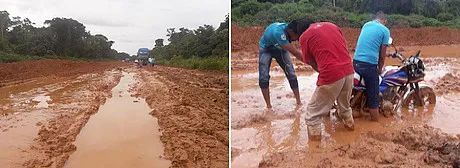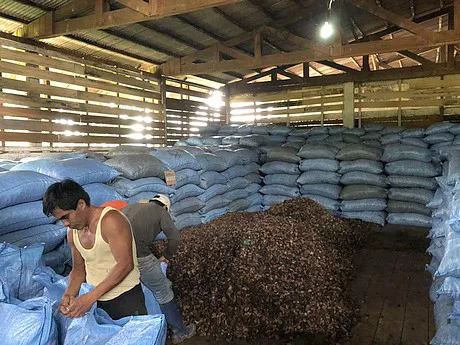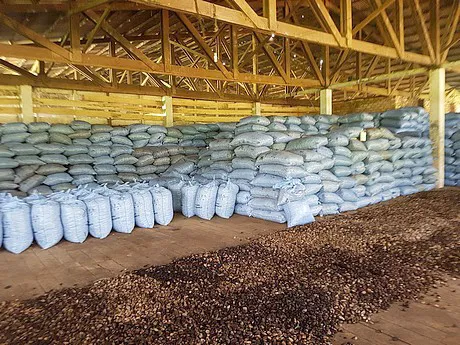
Current harvest
Due to the fact that many factories were not able to ship their goods on time to the ports, there are already significant delivery delays in production. In addition, the local producers are currently not able to collect the products due to the floods in the rainforest, so the quality of the Brazil nuts will be impaired, says CEO Mario Ebel. “Brazil nuts only grow in the rainforest and can not be cultivated on plantations. This year we are having a lot of rain. Because of the floods, it takes an extremely long time to bring the raw nuts in the shell from the rainforest to the factories in the cities. There are significant delivery delays and backlogs in the factories.”

In addition to the delivery delays the industry must expect potential quality problems. Ebel: “The harvest season usually starts together with the rainy season, from November to the beginning of April. Due to the floods many nuts are under water and therefore inaccessible to collectors. A big risk for the industry is that collectors will mix good and rotten produce in late April or early May." Hylea Foods AG has recognized this risk and has taken action to control quality when purchasing raw materials, checking the moisture content. Ebel: "Our tip to the industry is to keep an eye on aflatoxins and their effects on taste."
However, Hylea Foods AG has the problem under control due to its many years of experience and expertise in the industry. It is not for nothing that the company has already built a state-of-the-art factory with state-of-the-art high-tech sorting equipment. Ebel: “By means of black lights we are able to recognize the aflatoxin early and we then sort out the goods accordingly. This factory is the most modern Bolivia; we are about five years ahead of the competition.”

HYLEA Foods AG has set itself the task of taking over the direct marketing of Brazil nuts from the rain forest to the European trade. The focus here is on communicating their sustainability projects to the local population in the Fortaleza collection area, where they purchase Brazil nuts on 550,000 hectares (an area, 122% larger than Switzerland).
For more information:
Hylea Foods AG
Management: Mario Ebel

